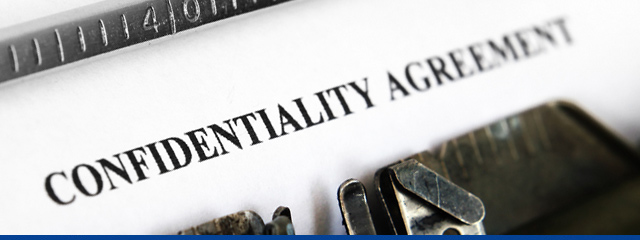-

-
Published on
14/06/2019
by Christopher Tsiknas Marketing Coordinator At Law Path
Legal Considerations When Buying a Business
Legal Considerations When Buying a Business
Becoming a business owner is a common aspiration for many, however having to start from scratch can be quite off putting. As a result, purchasing an existing business can be a great starting point for a new owner. Provided you do your due diligence, buying a business can help you avoid a lot of the risks that come with starting your own.
When it comes to buying a business, it's easy to get swept up in the process and neglect factors that aren't pressing. This is often why prospective buyers forget about the legal side of purchasing and starting a business. To help you get started, we've come up with a list of legal considerations you'll want to factor in prior to signing off on a purchase.
Business Structures
When you purchase a business, you will essentially inherit the existing structure that the previous owners have chosen. This may not always match the business structure that you plan to operate under and therefore you will have to officially change it. For example, you may buy into a business that is registered as a sole trader, but you actually intend to work in a partnership. In the case that you need to make a change to the structure, you will have to apply for a new Australian Business Number (ABN).
Deciding on a structure in general is a crucial step to make before entering a business. The various types of structures each have their pros and cons, hence it's best to be as informed as possible before making your decision. From a legal perspective, it's important you are aware of business structuring especially when purchasing a business. Disregarding this issue can delay the start of your business and potentially lead to complications long term.
Sale of Business Contract
The process of purchasing a business involves a transactional element where you negotiate terms with the seller. As a result, the seller will generally present a contract for sale of business. This is where you will negotiate and agree upon a number of things, such as price, settlement periods, existing staff arrangements etc. When entering into a sale agreement, you want to make sure that you protect your interests. Understanding the contents of the contract is extremely important, as terms that go unnoticed often come back to haunt owners down the track. Contract disputes are lengthy and expensive ordeals that you ideally want to avoid. If you aren't confident in dealing with contracts, a business lawyer can assist with review and general advice.
Outstanding Arrangements
Within the negotiation process, you should seek to establish if the business has any outstanding arrangements or debts that may carry over into your tenure. Existing lease agreements, which will be explored below, are an example of this. Additionally, the seller may have maintained their staff and therefore you will have to decide whether to keep them. Clarifying these factors prior to agreeing will help avoid any potential problems long term.
Business Premises
Another significant consideration you will have to make relates to the legal situation of the business premises. When you purchase a business, you will often take on the space which the previous owners operated out of. However, there are a number of ways in which you can acquire the premises. The most common method is a lease, although other options include to purchase the space or obtain a licence to occupy. Each method has differing responsibilities and terms that you should be aware of before agreeing. This is particularly relevant to lease agreements, where misunderstood terms often lead to breaches and further legal complications. Lease agreements generally have a variety of conditions that dictate how you can operate within the premises, with clear consequences for infringement.
These sorts of issues can have an adverse impact on your business and therefore it's imperative that you fully comprehend the complete contents of any agreement you enter. When dealing with a lease agreement and commercial premises, a property lawyer is best equipped to protect your interests.
Conclusion
Beyond these legal considerations, it is your duty as a buyer to conduct a general review of the business prior to purchase. This is known as due diligence and can involve an assessment of the business' financial position, operations and value. This information will then allow you to make considered and informed decisions. A conscientious approach to this process will help you avoid potential implications, whether they be legal or otherwise.
Author: Christopher Tsiknas - Marketing Coordinator at LawPath
About LawPath
LawPath is Australia's leading provider of online legal services for businesses and individuals, providing technology powered legal solutions at a fraction of the time, cost and complexity of the traditional system.
Related articles



